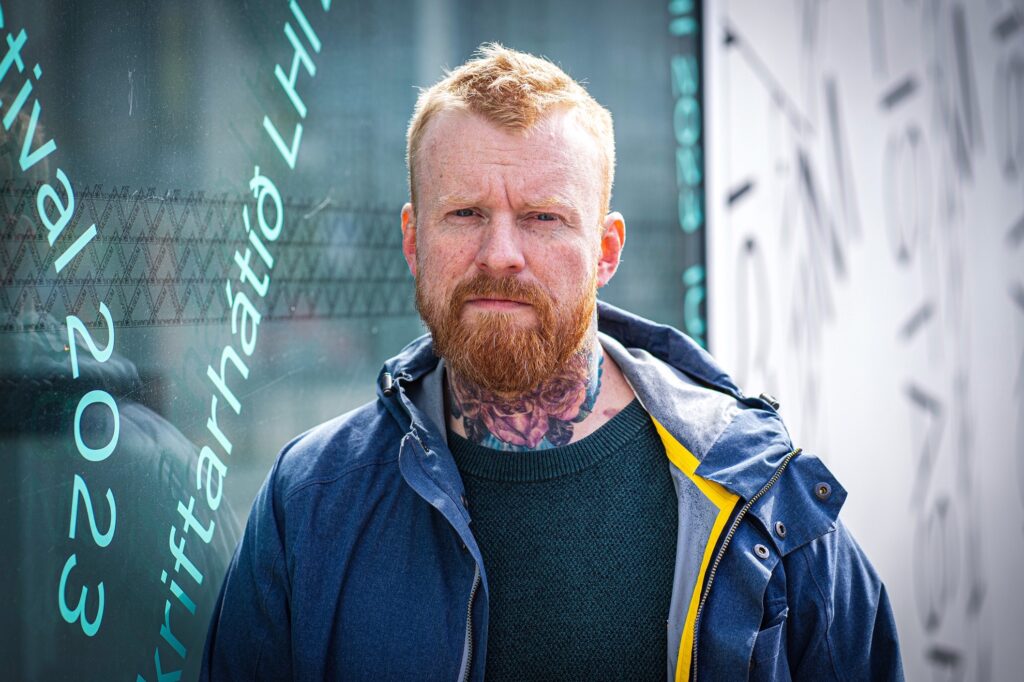Samherji, Iceland’s largest fishing company, is suing Oddur Eysteinn Friðriksson, an Icelandic art student known as Odee. The lawsuit concerns a spoof of the company’s website created by the artist. The fake webpage featured the heading We’re Sorry, with a made-up apology. This fake apology was directly related to a scandal involving Samherji and Namibian fishing quotas.
Odee, a 41-year-old MA fine arts student at the University of Bergen, calls his work’ culture jamming.’ This form of art aims to expose corporate malpractices by critiquing corporate culture. Odee’s spoof of Samherji’s corporate website was created on samherji.co.uk. Samherji’s lawsuit challenges the boundaries of parody.
The scandal, often called Fishrot, came to light in 2019 through whistleblower Jóhannes Stefansson. Stefansson alleged that the company bribed officials in Namibia to secure lucrative fishing rights.
Shortly after the fake website launch, Samherji issued a statement denouncing the spoof and then initiated legal proceedings in London. Samherji argues that Odee’s parody crossed a line as it too closely imitated the company’s branding.
Odee found support from both the art community and whistleblower NGOs. These supporters issued a statement calling Samherji to drop its “punitive legal action.” They say such lawsuits have a chilling effect on artistic expression and would-be whistleblowers.
The outcome of this trial, scheduled for September 25, 2024, could set a precedent for the ability of corporate power to silence criticism.
Credit for photo – Davíð Þór Guðlaugsson
